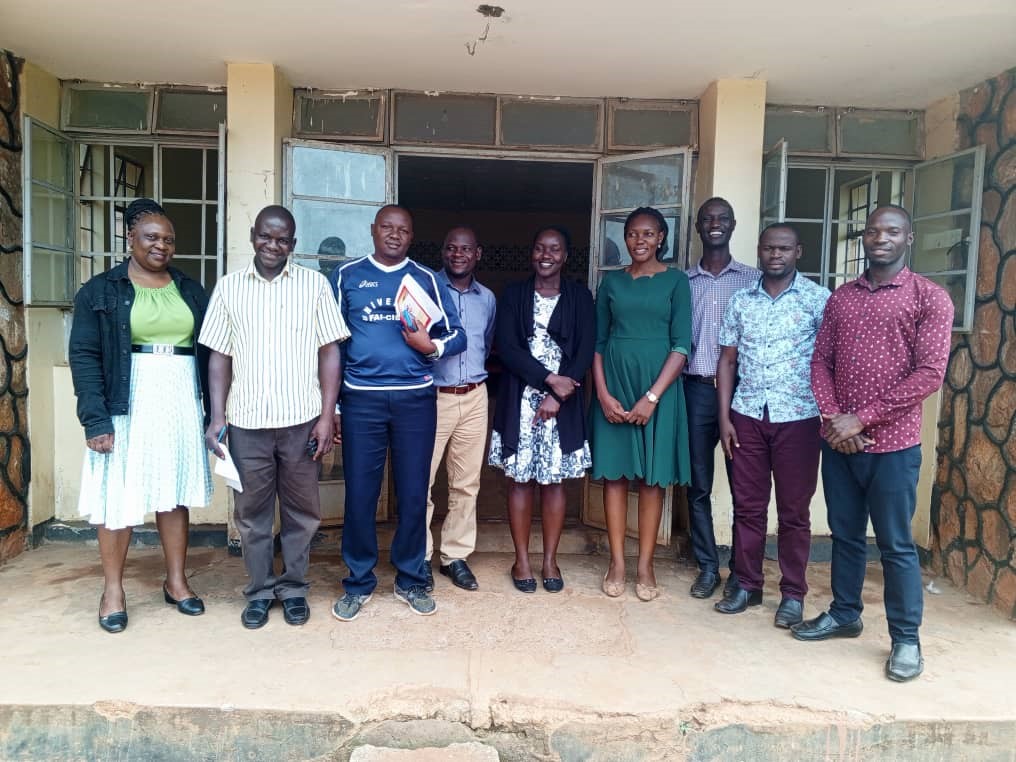A male caregiver in Kitayunjwa sub county, Nawango parish said, “Simple things like malaria cost us a lot due to mind-set change, but thanks to FLEP & PMI for the routine and monthly visits which have changed our negative thinking“.
Client from Nawango Parish

In a community long plagued by malaria, the Family Life Education Program (FLEP) is transforming lives through targeted education and preventative care. According to its Year 3 progress report, FLEP has made impressive strides in reducing malaria rates in Kamuli, Uganda, thanks to a partnership with the U.S. President’s Malaria Initiative Malaria Reduction Activity (PMI MRA).
In the Kamuli District, malaria has long been a constant and dangerous threat, impacting nearly every household. As in many rural communities, the disease not only harms health but also deeply affects daily life. Parents often lose precious work days caring for sick children, families face heavy medical expenses, and children miss school. For many, malaria has been a nearly inescapable cycle, reinforced by limited healthcare access and a lack of resources for consistent prevention.
Since launching, FLEP has worked tirelessly to engage the community, focusing on household-level education and practical solutions that empower residents to protect themselves from malaria.
Key Milestones in Malaria Reduction
The program’s hands-on approach has proven effective, with the following milestones achieved between July 2023 and September 2024:
- 21,000 Home Visits: FLEP conducted over 21,000 household follow-ups across eight high-risk sub-counties, providing families with the knowledge and tools to prevent malaria.
- 80 Community Dialogues: More than 3,000 residents attended community meetings where FLEP staff shared critical information on malaria prevention and offered on-the-spot testing and treatment. Through these events, 344 individuals, mostly children, tested positive for malaria and received immediate care.
- Recognizing “Malaria Smart Homes”: To encourage sustainable practices, FLEP recognized 196 households as “Malaria Smart Homes” for adopting recommended prevention measures. These homes were awarded with mosquito nets and other essential tools.
Additionally, FLEP established sub-county malaria task force committees to further engage community leaders in the fight against malaria. This collaborative model has built a support network that helps the community take ownership of health outcomes.
Successes and Challenges
Community members report a noticeable drop in malaria cases, attributing this improvement to FLEP’s practical and consistent support. “Our children used to fall sick frequently, but now we see a real change,” shared one Kamuli resident, highlighting the program’s impact on everyday life.
However, FLEP’s report also acknowledges ongoing challenges, such as limited resources for volunteer leaders. These issues sometimes slow down outreach and limit the support FLEP offers.
Future Plans for Expanded Impact
As it heads into its fourth year, FLEP is looking to expand its efforts:
- Increase Household Enrollment: An additional 9,951 households are expected to join the program, expanding malaria prevention outreach.
- Broaden Geographic Reach: FLEP plans to reach new sub-counties and town councils and bring malaria education into 15 schools to engage younger audiences.
- Strengthen Local Health Teams: Training for new Village Health Team (VHT) members and cluster leads will ensure more hands-on support in the community.
The Year 3 report highlights the need for continued investment to sustain and expand these malaria reduction efforts. With the right resources, FLEP believes Kamuli can achieve even greater reductions in malaria cases, creating a healthier future for all its residents.
A Community-Led Health Model
The Family Life Education Program’s work shows that lasting change comes from within the community. By empowering residents with knowledge and resources, FLEP is helping Kamuli take vital steps toward ending the cycle of malaria. As the program expands, it brings hope for a future where malaria is no longer a daily threat, but a preventable disease controlled by the community itself.





